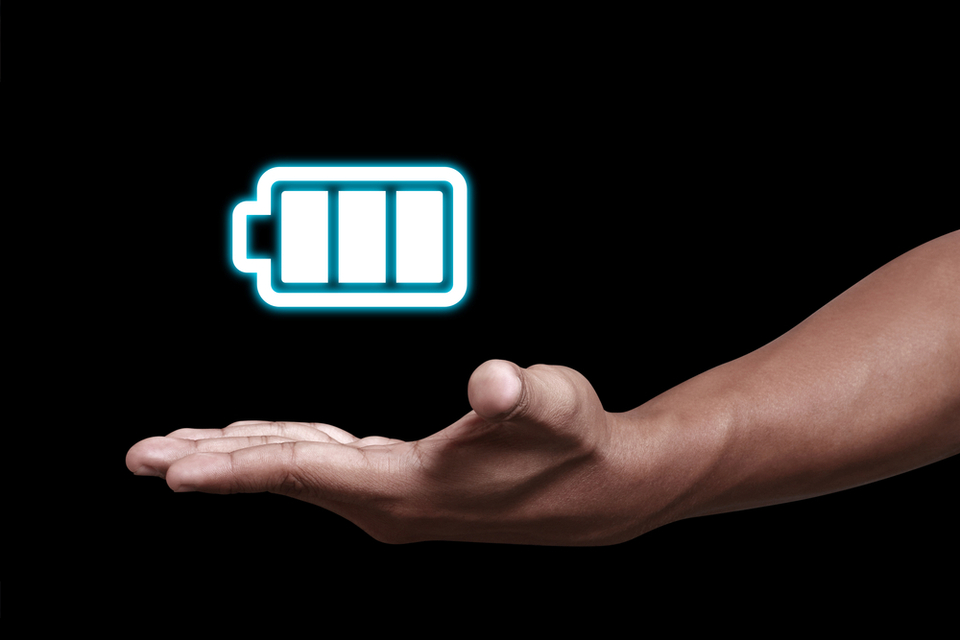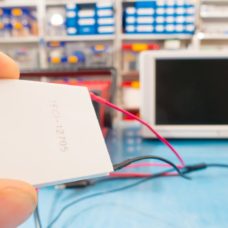Researchers at MIT have presented a new power converter design that increases productivity and reduces energy waste. This device could be a crucial source of power for the ever-expanding Internet of Things.
New MIT power converters mean longer battery life for mobile devices.Click To Tweet
Cut Energy Use by Half
Last week, at the International Solid-State Circuits Conference, researchers from the Microsystems Technologies Laboratories at MIT presented a new energy saving power converter that improves the way we will connect mobile devices to the Internet of Things.
The new power supply system is “designed specifically for powering electronic sensors, wireless radios, and other small devices that will eventually connect the Internet of Things.” This means that soon, most hand-held electronics will sport a longer battery life.
“While most power converters deliver a constant stream of voltage to a device, MIT’s new scheme allows low-power devices to cut their resting power consumption by up to 50 percent,” explains Andrew Dalton of Engadget.
A New Kind of Power
Currently, power converters use quiescent power, meaning that they continue to use energy even after they are done charging devices.
Arun Paidimarri, a former postdoc at MTL and current IBM researcher explains, “If the quiescent power is a microamp, then even if the load pulls only a nanoamp, it’s still going to consume a microamp of current. My converter is something that can maintain efficiency over a wide range of currents.”
Power converters that use quiescent power waste energy, but until recently it was difficult to do any better. The new converters are based on “packets” of energy that are able to compartmentalize voltage inputs and outputs.
“You have these switches, and an inductor, and a capacitor in the power converter, and you basically turn on and off these switches” to regulate the voltage output, explains Paidimarri.
Usually, typical power converters will perform 1 million voltage measurements per second, thus releasing anywhere from 1 to 1 million packets. The amount of energy consumed by popular devices does not have a high impact on loss, however, with more and more tech being added to the Internet of Things, it is important to start thinking of how to efficiently power these devices.
Solving Problems Before They Start
The Internet of Things is becoming a more ubiquitous concept as we continue to build our networks personal of devices that can connect with one another. It is important that researchers are able to power this ever growing system of data collecting devices and hardware before battery capacity challenges begins to pose a problem. Getting ahead of powering issues for IoT will help us to seamlessly integrate more devices into our lives.
This is especially important when major infrastructure is added to the IoT, as in the case of Nuremberg’s smart bridge. Engineers monitoring structural integrity on mobile devices will have greater range and oversight.
At Edgy Labs we offer services to help you manage your ever expanding network of connected machines. Offering connectivity management and analysis for your devices, we also take lessons from emerging Industry 4.0 and apply them to your personal business.
Our strategy is to identify, analyze, and execute current challenges that arise from Industry 4.0, and as we continue the pursuit of groundbreaking tech, we hope to always keep you informed and aware of the best ways to integrate new technology into your lives.



















Comments (0)
Least Recent